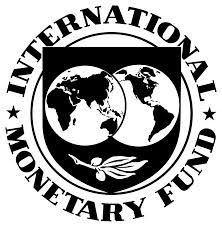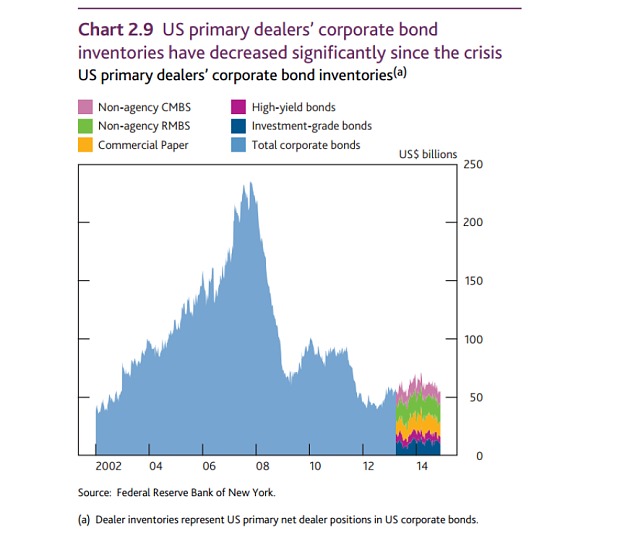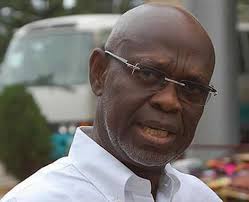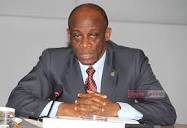 The International Monetary Fund (IMF) estimates growth to decelerate to 4 .5 per cent in 2014, from 7.1 per cent in 2013, and inflation to reach an average of around 15 per cent for the year.
The International Monetary Fund (IMF) estimates growth to decelerate to 4 .5 per cent in 2014, from 7.1 per cent in 2013, and inflation to reach an average of around 15 per cent for the year.
Similarly, fiscal deficit would remain high at around 9.75 per cent of Gross Domestic Product (GDP), driven by weak revenue performance, a large wage bill and substantially rising cost of debt service.
The IMF mission led by Mr Joël Toujas-Bernaté were in Ghana to initiate discussions on a possible programme of economic reforms that could be supported by the Fund.
Mr Toujas-Bernaté in a statement at the end of the mission noted that Ghana continues to face significant domestic and external vulnerabilities on the back of a large fiscal deficit, a slowdown in economic growth and rising inflation.
He said the external current account deficit is projected to narrow to 10 per cent of GDP as imports declined substantially due to slower growth and a large depreciation of the currency, while export performance remained weak.
The currency weakened sharply through August, before recovering very recently. In September, the issuance of a $1 billion Eurobond and the Cocoa Board (Cocobod) successfully raising $1.7 billion for the financing of a projected excellent cocoa crop were positive developments. Nonetheless, gross international reserves will remain at a low level.
“The mission had constructive and candid discussions with the authorities who showed an appreciation of the risks associated with these imbalances and vulnerabilities. The authorities identified earlier this year a set of measures designed to put the country back on track, while preserving growth momentum,” he said.
He said while important, these measures have not managed to turn the financial situation around as a result of some implementation delays, which have set back the objectives of putting public debt on a more sustainable path and reducing inflation.
The authorities expressed their intent to prepare and implement additional upfront measures building on ongoing broad consultations.
The statement said a more ambitious and front-loaded fiscal consolidation is needed to help place public debt on a sustainable path, and to allow monetary policy to be more effective in bringing down inflation, by strictly limiting budget deficit financing by the Bank of Ghana.
It said front loaded adjustment should be realised through reductions in Ghana’s comparatively high public sector wage costs, the elimination of costly and untargeted subsidies for energy and petroleum products, and a better prioritisation of capital spending.
On the revenue side, the statement suggested the need for the reduction of tax exemptions and strengthening revenue administration through a better targeting of large taxpayers appear necessary.
The statement said it would be important for the country to expand well-targeted social protection programmes to mitigate the potential impact of fiscal consolidation measures on the most vulnerable groups of the population.
In the medium term, structural reforms and institutional changes would be key to sustainable fiscal consolidation and lasting expenditure discipline.
Discussions on a possible programme that could be supported by the IMF would continue in Washington during the Annual Meetings.
The mission met with President John Dramani Mahama; Vice President Kwesi Amissah-Arthur; Dr Kwesi Botchwey, Chairman of National Development Planning Commission; Finance Minister Seth Terkper; Minister of Gender, Children and Social Protection Nana Oye Lithur; Bank of Ghana Governor Dr Kofi Wampah; other senior officials, and representatives of the private sector, the donor community and civil society.





